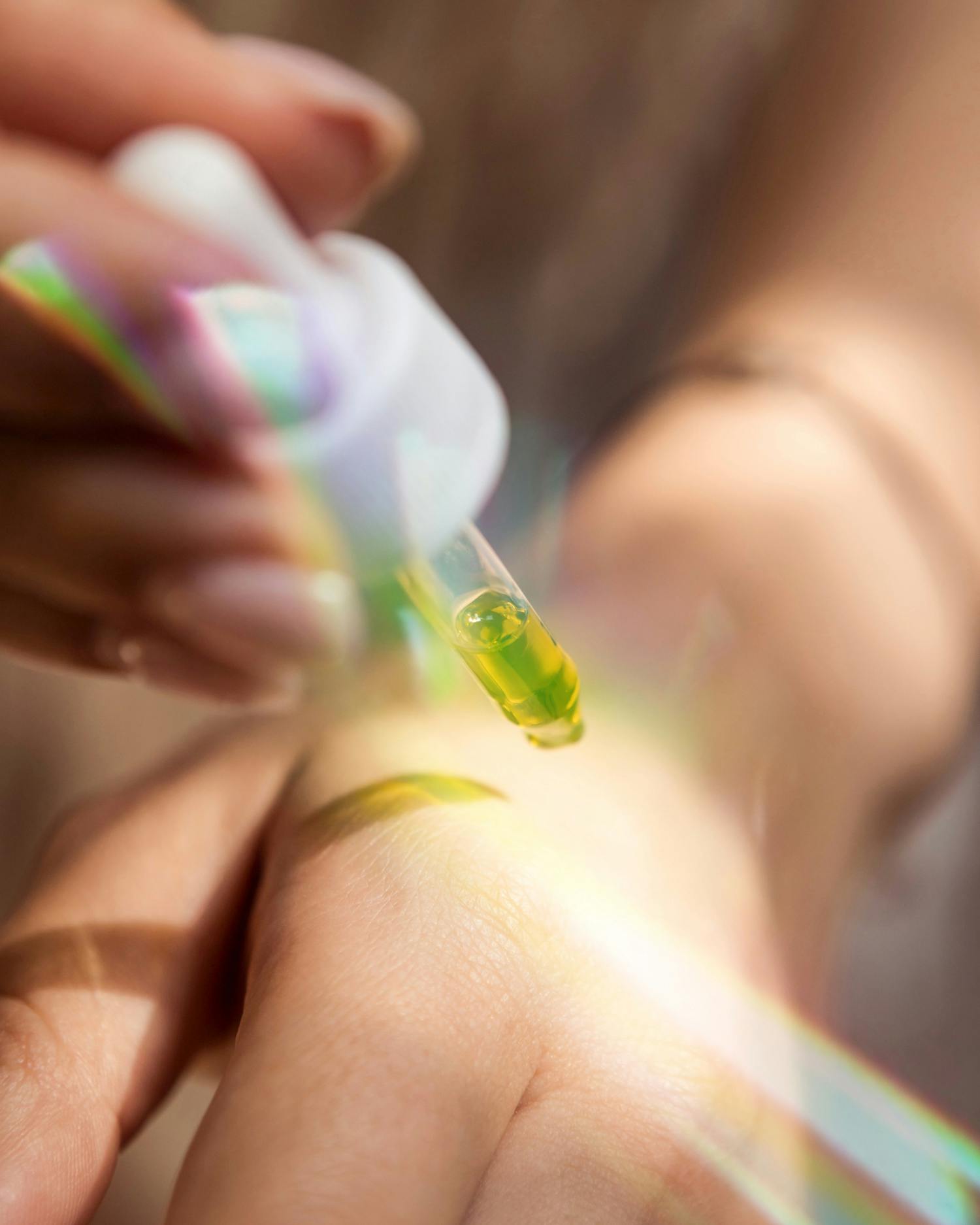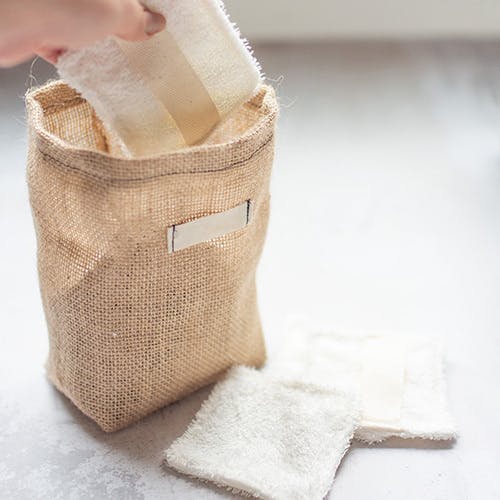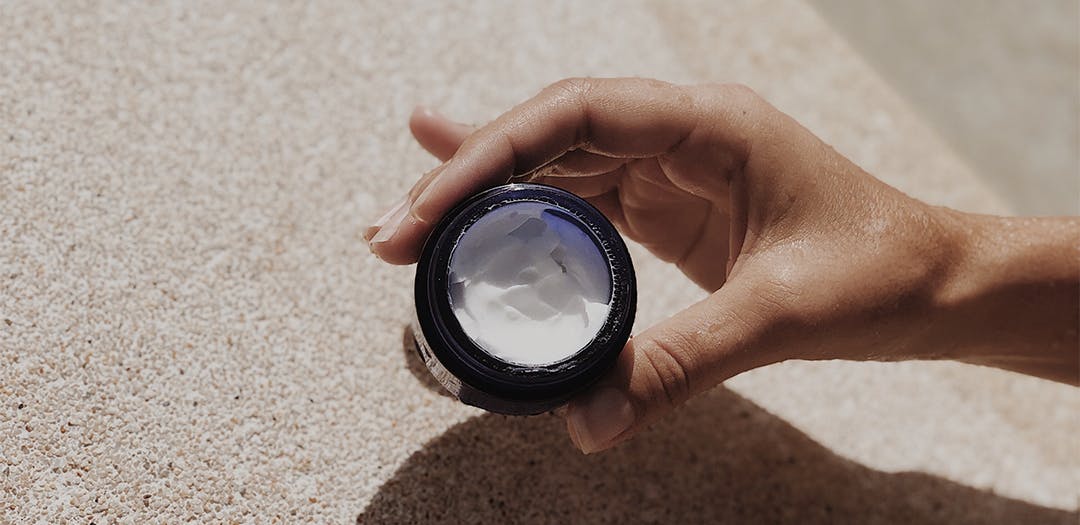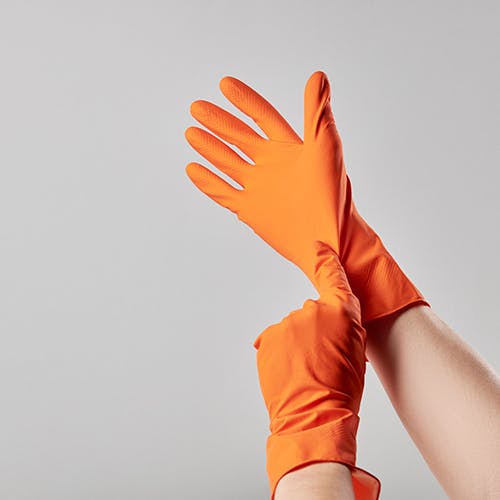Do you feel like you have dry skin? If so, you're not alone.
In fact, a lot of people experience dry skin at one point or another in their lives!
We all know how uncomfortable it can be to have dry and sensitive skin on our faces, hands and feet. But what's even more frustrating is how difficult it can be to find a solution that actually works for us - especially when we don't know how to soothe dry skin properly.
There isn’t one specific cure for treating dry skin, but there are many solutions that are tried and proven to work.
So the team at askbella are going to give you some of our best dry skin tips to show you how to help your dry skin to look beautiful and healthy again.
Our top tips for treating dry skin:
1. Take a cooler shower
We all love a steaming hot shower but it turns out that hot water may not be so ideal when it comes to relieving dry skin.
Using warm water on your skin, especially when washing your face, can help to prevent irritation. Try to cut back the amount of time you spend in the shower, even if it’s only by a few minutes as it will save you water and help stop your skin from drying out.
2. Choose the right cleanser
Ensure you use a gentle cleanser that is free of harsh soaps and is designed to keep dry skin feeling hydrated. Avoid rubbing and try to blot your skin gently with a towel to prevent further skin irritation.
When it comes to finding the right cleanser for dry skin, you can answer a few simple questions in the skin quiz to find out which cleanser would suit you best.
3. Lightly buff your skin
To get the healthy skin and bright complexion you often see on the gram, you may need to give your dry skin a light exfoliation.
By removing dead skin cells with something that contains mild glycolic or lactic acid, you will remove any debris on the outside layer of the skin, allowing your skincare routine to work more efficiently.
You can use a mild formula two to three times a week instead of your usual cleanser to keep scaly skin at hand.
Be sure not to overdo it or use harsh chemicals when it comes to exfoliating, as you may in fact cause your skin to dry out more, especially in the cooler months. A light exfoliation will also allow your moisturising cream to absorb better.
Read more about how to exfoliate your skin.
4. Add more moisture
Besides drinking more water and bathing in coconut oil (which we don't recommend unless you're feeling like you need a little vacay!), it is important to add moisture to your daily life in the form of seriously hydrating skin care products.
Home remedies may sound like a good idea, but they don't always treat the underlying causes of the skin condition and may, in fact, worsen dry skin.
A moisturising cream containing hyaluronic acid can help keep your skin hydrated and plump. However, if you have severely dry skin, an over-the-counter prescription ointment may be needed to reduce inflammation and treat certain skin conditions such as atopic dermatitis.
For itchy skin that feels rough, ensure you apply your chosen moisturiser in the morning and at night to prevent the dryness that leads to the itching.
And when it comes to preventing dry skin:
1. Avoid allergens or irritants
- If your dry skin has come on all of a sudden, it may be something to do with the clothes you are wearing or even the laundry detergent you might be using at home:
- Clothing: If you are wearing a textured material like wool or corduroy, make sure you add something silk or cotton underneath to prevent irritation to your skin
- Detergents and soaps: Hypoallergenic laundry detergent doesn't contain drying soaps that can cause your skin to feel dry or worse, dry itchy
2. Environmental factors can affect your skin
Keep in mind the environmental factors that may play a part in drying out the natural oils in your skin, such as sitting by a fireplace, going to the beach or swimming in chlorinated or chemically treated water.
A smart way to monitor environmental impacts on your skin is to keep a skin journal of the harsh situations that your skin may be experiencing - and record reactions your skin may have after these particular events.
Did going to the beach make your skin drier that evening?
3. Wear gloves
One of the first places you may notice dry skin, especially in the cooler seasons, is on your hands.
When you're dealing with cracked skin or itching on your hands, it can be super uncomfortable. Not only that, it is a lot harder to keep the skin moisturised because they are often exposed to harsh soaps, hot water and other environmental irritants, including laundry detergent.
Get in the habit of wearing gloves when you have your hands in water as well as when you are out and about in the cold.
If they do get wet, make sure you gently pat them dry and apply moisturiser immediately to keep the skin moisturised.
4. Prepare your home
If your indoor air is dry, it can make your skin dry.
To better prepare your home, you can maximise the amount of water in the air by placing a humidifier in the room you use the most.
A cool air humidifier can increase the moisture level in the air which in turn, can help keep your skin barrier hydrated.
And speaking of keeping moisture in your air, ensure that your chosen heat source in winter is kept on low or at a moderate temperature to avoid added dryness in the air.
5. Routine, routine, routine!
We can't stress enough how important it is when it comes to dry skin and your skincare that you have a bulletproof summer skincare routine, to keep your skin hydrated and calm. A routine will ensure you are using the right products to treat your dry skin and that they are working together. Set yourself up with a morning and evening routine so that your skin has the right treatment from the moment you wake up to that much-needed beauty sleep at the end of the day.
Select the best skin care products for dry skin
Now I know the question that is on your mind… How do you know what type of skin care products are best for your dry skin?
Well, head over to our Skinalyser™ to get your carefully curated skincare routine, designed exclusively for your personal skin type.
Our AI technology allows us to create a bespoke ritual for every individual's skin type, skin concerns and lifestyle.



